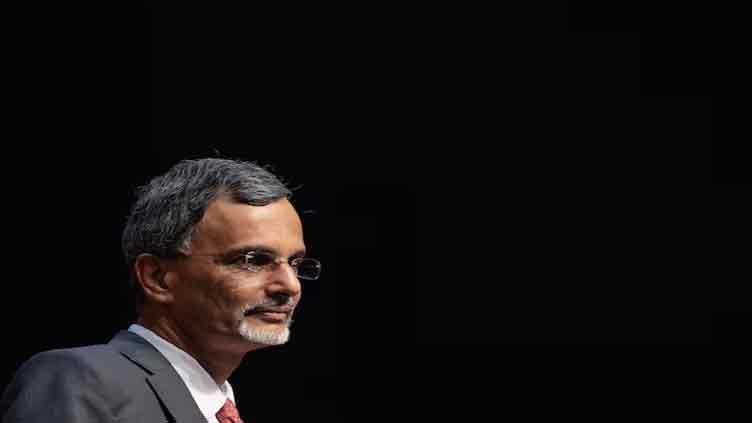India economic survey advocates more Chinese investment

Business
Report suggests exclude volatile food prices from Indian inflation targeting framework
NEW DELHI (Reuters) – India's annual economic report card has backed more Chinese investment in the country, even as investments worth billions of dollars from China suffer disruption due to increased geopolitical tensions between New Delhi and Beijing since 2020.
India's Chief Economic Adviser V Anantha Nageswaran said in the annual economic survey, tabled in the Parliament on Monday, that to boost its global exports, New Delhi can either integrate into China's supply chain or promote foreign direct investment (FDI) from China.
"Among these choices, focusing on FDI from China seems more promising for boosting India's exports to the US, similar to how East Asian economies did in the past."
The report said choosing the FDI strategy "appears more advantageous than relying on trade" as it can arrest the growing trade deficit New Delhi has with Beijing, the top exporter for India.
India has tightened its scrutiny of investments from Chinese companies since 2020, as relations between the two nuclear giants have soured after clashes between their soldiers on their largely undemarcated Himalayan frontier left 20 Indian and four Chinese soldiers dead.
Along with investments scrutiny, India has also virtually blocked visas for all Chinese nationals since 2020, but it is considering easing them for Chinese technicians, as it had hindered investments worth billions of dollars.
Western countries are looking for alternative import avenues to reduce their reliance on China in global manufacturing and supply chains.
India's net FDI inflow dropped by 62.17 per cent to $10.58 billion in 2023-24 (FY24), a 17-year-low, from $27.98bn the previous year, central bank data showed.
INDIA FOOD PRICES AND INFLATION TARGETING FRAMEWORK
India's monetary policy framework should consider targeting inflation that excludes food, the prices of which are influenced more by supply than demand, economic survey said.
India's central bank targets consumer price index (CPI)-based inflation and is currently mandated to keep inflation at 4pc with a tolerance band of 2 percentage points on either side. Volatile food and vegetable prices have caused frequent inflation spikes in recent years.
"Short-run monetary policy tools are meant to counteract price pressures arising out of excess aggregate demand growth.
Deploying them to deal with inflation caused by supply constraints may be counterproductive," the government report said.
"Therefore, it is worth exploring whether India's inflation targeting framework should target the inflation rate excluding food," the report said.
Annual retail inflation rate rose to 5.08pc in June due to a sharp rise in food prices but demand-driven core inflation, which leaves out food and fuel prices, was around 3pc.
The central bank, focussed on lowering inflation to target, has held rates for eight straight meetings.
Hardships caused by higher food prices for poor and low-income consumers can be handled through direct benefit transfers or coupons for specified purchases valid for appropriate durations, the government report said.
The suggestions were made as a part of a strategy to remove growth impediments in the agricultural sector.


